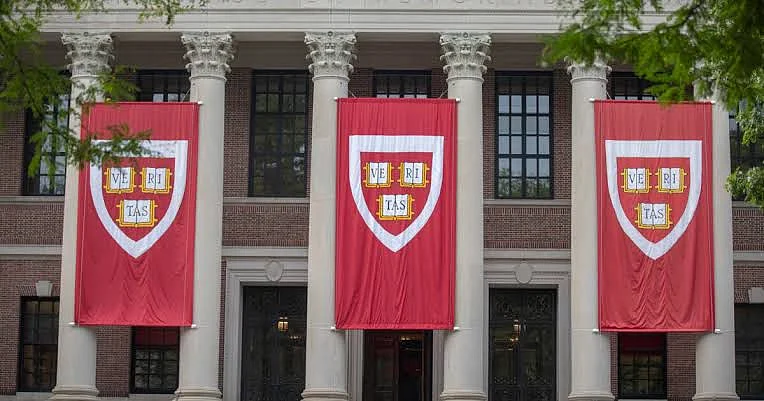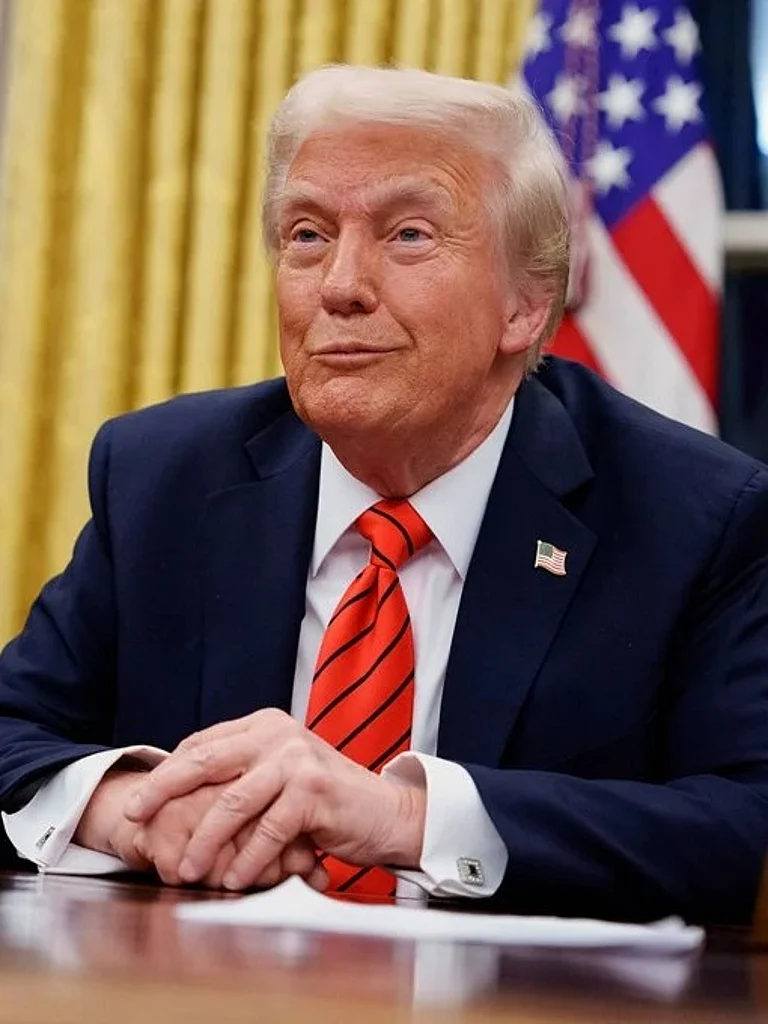Harvard University informed a federal judge that it will go all out in its legal challenge against the $2.2 billion funding freeze by US President Donald Trump. The university said it will not ask for a temporary order to block the White House’s action, instead will pursue a lawsuit accusing the government’s action breached federal regulations, Bloomberg reported.
“Until set aside by this court, the freeze order, as well as the looming threat of additional cuts, chills Harvard’s exercise of its First Amendment rights and puts vital medical, scientific, technology, and other research at risk,” lawyers at Harvard wrote, according to Bloomberg.
The attorneys representing the university reportedly asked US District Judge Allison Burroughs to set a deadline for the administration to produce records of its decision-making process that allegedly violated the Administrative Procedure Act.
Harvard vs. Trump Administration
The Harvard vs. Trump administration battle started on April 11, when the government sent a demand letter addressed to the university’s president, Alan Garber. In a five-page demand letter, the administration asked to make several changes, including reduction of power held by students and faculty, and adoption of a merit-based hiring framework.
“By August 2025, the University must adopt and implement merit-based hiring policies, and cease all preferences based on race, colour, religion, sex or national origin throughout its hiring, promotion, compensation, and related practices,” said the Trump administration in its letter.
Following this, on April 14, Harvard refused to comply with the demands of the administration and called the move unlawful.
On Monday, the university knocked on the doors of federal court and filed a lawsuit, accusing the administration’s decision as a broad attack to “gain control of academic decision-making at Harvard”.
In response to the lawsuit, a White House spokesperson, Harrison Fields, told the New York Times that the move was made to avoid misuse of taxpayers' money.
“Taxpayer funds are a privilege, and Harvard fails to meet the basic conditions required to access that privilege,” said Fields.
































